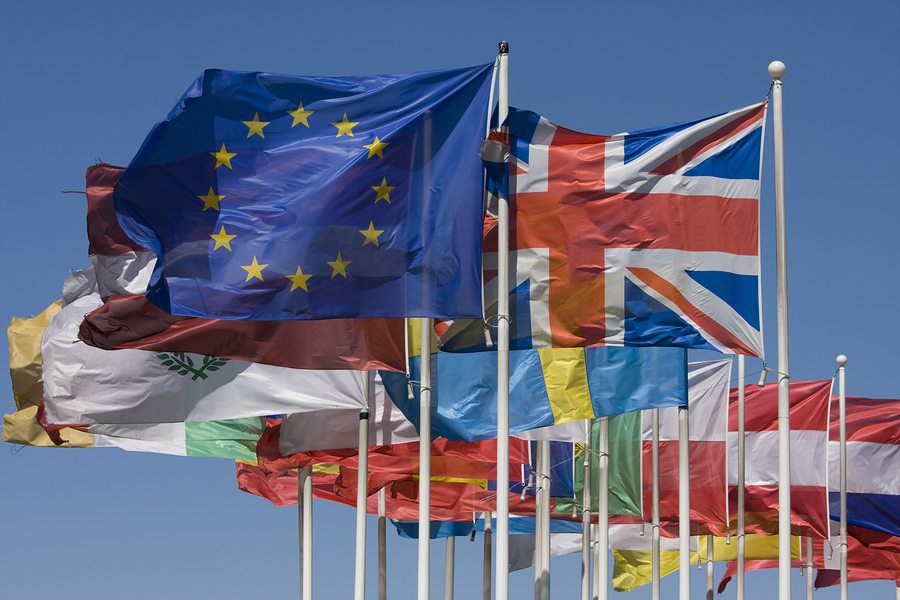By Laser 1 Technologies
Is the G20 Summit the Answer?
The G20 Summit will take place in the city of Hangzhou, Zhejiang on September 4-5, 2016. The Group of Twenty (G20) Finance Ministers and Central Bank Governors was established in 1999 “to discuss international financial and monetary policies, reform of international financial institutions and world economic development.” The committee consists of Argentina, Australia, Brazil, Canada, China, France, Germany, India, Indonesia, Italy, Japan, Mexico, Russia, Saudi Arabia, South Africa, South Korea, Turkey, United Kingdom, and the United States of America. The remaining seat is held by the European Union.
The goal of this eleventh G20 meeting is, “to deliver results and to bring the world economy to life.”
Wang Yi recently stated, “We hope that through hosting G20 Hangzhou Summit, we can focus on the core challenges and prominent problems encountered by the world economy, work with all parties to seek for common solutions and contribute China’s wisdom to this cause. We expect that we can offer temporary solutions to stabilize the economic growth at present as well as fundamental solutions to inject new impetus into the economy in the long term, so as to push the G20 Summit to transfer from a crisis responding mechanism to a long-term governance mechanism, lead world economic growth and guide the direction of international economic cooperation.” [G20 2016 China]
Wow, that’s wordy. But who can argue with the sentiment? It’s nice.
I don’t mean to sound like a downer – the same old lip service wearies me.
Some are comparing the 2016 Summit to that of 2009 where there was an agreement of coordinated stimulus to avoid a worldwide depression. In comparison, the outlook for this year’s meeting isn’t so rosy, and few expect the gathering to produce comparable results.
Have domestic concerns trumped coordination of mutual benefits? Was there something to Ian Bremmer’s prophecy that “20 is just too many” to reach any agreement? As recorded by Global Risk Insights, “Emerging markets have domestic concerns different to those of developed economies, a trend likely to continue as the likes of China, India, and Indonesia rise. New and different players, coupled with divisions within the developed world in a low-growth era, will make future agreements even more difficult in the future.”
“The future of the G20 is hanging in the balance. Whether or not the forum survives, its meaning is lost if countries cannot work together on the group’s most important issue: the global economy. In such a setting, investors and foreign policymakers alike should expect less common responses, and watch for individual countries devising their own strategy.”
As of now, world leaders don’t seem to agree on what problems to solve and how to get there. European leaders are concerned about a global slowdown and the need for more stimulus measures. Still, “The countries who can afford fiscal stimulus are ideologically opposed to it… “Talking about further stimulus just distracts from the real tasks at hand,” Germany’s Minister of Finance Wolfgang Schaeuble argues that the euro’s woes can be solved with structural reforms alone, a sentiment that is not shared by most economists.” [Fortune]
All that, and we haven’t even touched on the currency war. Competitive devaluation – don’t get me started.
As for now, I look with positivity to the upcoming meetings and Summit. Optimism is the Melatonin for my late night global worries.
Choose Laser 1 Technologies for all your manufacturing needs. Give us a call today at (651) 451-9397.




